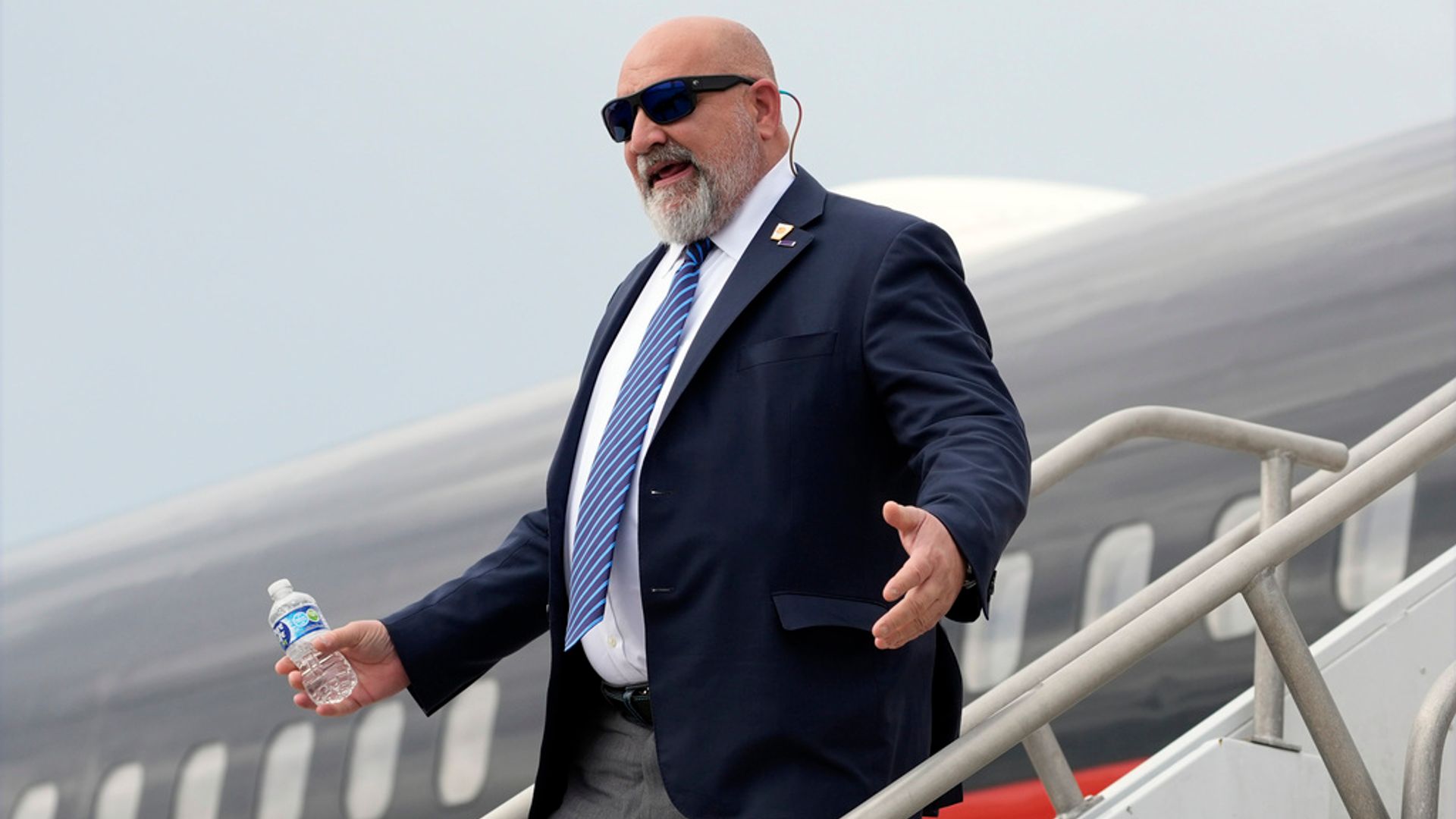
AUGUSTA, Maine – A conservative political group founded last year has raked in fundraising to boost Republican candidates ahead of the November election. But it’s frustrating leaders who recently accused it of tearing down other party members.
The Dinner Table PAC, launched in 2021 and touting itself as a “grassroots” group, has raised more than any leadership PAC since then. Its funds could help Republicans with campaigning this fall as Maine is set to see some of the most competitive legislative elections in the U.S. Democrats have controlled the 151-seat House and 35-seat Senate since 2018.
The new group, which is not affiliated with legislative Republican leaders, has faced backlash in recent weeks, with a top legislator accusing it of “misguided tactics” after a fundraising voicemail criticized mainstream political efforts. It could be seen as a proxy battle between factions with House Republicans set to pick new leaders after a November election.
The Dinner Table PAC has raised more than $270,000 since its launch, state campaign finance filings show, far exceeding totals brought in by similar groups that are typically led by lawmakers seeking leadership roles in Augusta. It had only made $15,000 in contributions with $200,000 on hand as of July 19, making it a potential force late in legislative races.
Republican legislative groups are typically out-fundraised by their Democratic counterparts, with the gap particularly notable this year as Democratic caucus groups benefited from a huge influx of cash from the U.S. Senate campaign of former House Speaker Sara Gideon.
The Dinner Table is unique in Maine politics because it has largely raised money through individual contribution, rather than corporations or national political groups. It has also raised slightly more money since the start of 2021 than the group fronted by House Republican leaders.
The group is taking an aggressive approach: A fundraising voicemail for the group earlier this month characterized the House Republican Fund — the party-affiliated group chiefly responsible for electing Republicans to the lower chamber — as “pathetic,” citing that the group had left enough funds to spend $400 per candidate.
“It’s up to us, the Dinner Table, to get candidates across the finish line,” the voicemail said.

The message prompted a sternly worded response from House Minority Leader Kathleen Dillingham, R-Oxford, who noted in a July 22 email to Republicans that the House group had more than $200,000 in its accounts with more contributions pledged — contrary to the numbers cited in the voicemail — and accused the Dinner Table PAC of trying to tear down other Republican efforts to boost its own fundraising.
“I don’t see the value in tearing down a group that is working for the same goals you claim to have yourself,” wrote Dillingham, who declined to provide additional comment and is term-limited and not running for office again.
Rep. Laurel Libby, R-Auburn, one of the group’s co-founders and an outspoken voice in the Legislature against the COVID-19 vaccine mandate for health care workers, among other issues, said the group aimed to fill holes in the traditional Republican campaign apparatus and work together with “those who truly want to see a Republican majority.”
Libby said the group is working in a complementary fashion with other Republican groups, toward the common goal of achieving a Republican House majority. She defended the group’s voicemail, saying it highlighted “that we have to make up the difference for the fundraising that is not happening elsewhere in our party.”
Underlying the controversy is Republicans’ jockeying for position ahead of the post-election races for leadership posts, which typically go to those who worked hardest for candidates. The party has not won the House since the 2010 election, but national headwinds for majority Democrats this year make them a good bet to at least expand on a 63-seat minority.
Libby is seen as a potential candidate to lead Republicans after the election, although she said she was not thinking about that yet. More leadership-friendly candidates, including Rep. Joshua Morris, R-Turner, who has been active in campaigns this year, could emerge. Morris, a two-term representative from Turner, said he was focused on electing Republicans for now and that conversations about leadership would wait until after the election.
The Dinner Table has filled an “unmet need” in fundraising and training candidates so far, said former House Minority Leader Ken Fredette, a lawyer who helmed the Republican caucus at the end of former Gov. Paul LePage’s tenure. There will be inevitable challenges to outgoing leaders as elections draw near, he said.
“Whether or not someone’s done fundraising or done organizing or simply driving people around, all those things are part and parcel of helping to get people elected,” Fredette said.
BDN writer Michael Shepherd contributed to this report.











